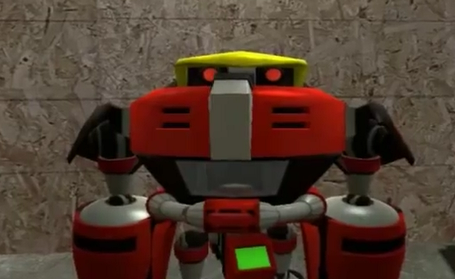

Meanwhile, spells consume mana, typically requiring at least one mana of a specific color. Players can only play one land card per turn, with most land providing a specific color of mana when they are "tapped" (usually by rotating the card 90 degrees to show it has been used that turn) each land can be tapped for mana only once per turn. Cards fall into generally two classes: lands and spells. Ĭards in Magic: The Gathering have a consistent format, with half of the face of the card showing the card's art, and the other half listing the card's mechanics, often relying on commonly-reused keywords to simplify the card's text. Finally, some cards specify other ways to win or lose the game. A player can also lose if they must draw from their deck when no cards are left. A player starts the game with a "life total" of twenty and loses the game when their life total is reduced to zero. Each player has their own deck of cards, either one previously constructed or made from a limited pool of cards for the event, representing the magical resources they can use during this duel. Certain cards can be valuable due to their rarity in production and utility in gameplay, with prices ranging from a few cents to tens of thousands of dollars.Ī standard game of Magic involves two or more players, which are characterized by the game's lore as Planeswalkers, engaging in a duel. Further developments include the Wizards Play Network played at the international level and the worldwide community Players Tour, as well as a substantial resale market for Magic cards. New cards are released on a regular basis through expansion sets. Limited formats involve players building a deck spontaneously out of a pool of random cards with a minimum deck size of 40 cards in constructed formats, players create decks from cards they own, usually with a minimum of 60 cards per deck. It can be played in various rule formats, which fall into two categories: constructed and limited.
#Magic engine crack 2015 software#
Magic can be played by two or more players, either in person with printed cards or on a computer, smartphone or tablet with virtual cards through the Internet-based software Magic: The Gathering Online or other video games such as Magic: The Gathering Arena and Magic Duels. Although the original concept of the game drew heavily from the motifs of traditional fantasy role-playing games such as Dungeons & Dragons, the gameplay bears little similarity to paper-and-pencil games, while simultaneously having substantially more cards and more complex rules than many other card games. A player defeats their opponent typically (but not always) by casting spells and attacking with creatures to deal damage to the opponent's "life total," with the object being to reduce it from 20 to 0. Ī player in Magic takes the role of a Planeswalker, a powerful wizard who can travel ("walk") between dimensions ("planes") of the Multiverse, doing battle with other players as Planeswalkers by casting spells, using artifacts, and summoning creatures as depicted on individual cards drawn from their individual decks. Released in 1993 by Wizards of the Coast (now a subsidiary of Hasbro), Magic was the first trading card game and had approximately thirty-five million players as of December 2018, and over twenty billion Magic cards were produced in the period from 2008 to 2016, during which time it grew in popularity. Magic: The Gathering (colloquially known as Magic or MTG) is a tabletop and digital collectible card game created by Richard Garfield. Some (order of cards drawn, varying card abilities) The back face of a Magic card, showing the "Color Pie" central to the game's mechanics


 0 kommentar(er)
0 kommentar(er)
